
Аннотация
Major English poet of the Victorian age, noted for his mastery of dramatic monologue and psychological portraiture. His most noted work was The Ring and the Book (1868–69), the story of a Roman murder trial in 12 books.
The bulk of Browning's writing before 1846 was for the theatre; thereafter his major poems showed his increasing mastery of the dramatic monologue. Browning's fondness for this form has, however, encouraged the two most common misconceptions of the nature of his poetry—that it is deliberately obscure and that its basic “message” is a facile optimism. Neither of these criticisms is groundless; both are incomplete.
But even when individual problems of style and technique have been resolved, the poems' interest is seldom exhausted. First, Browning often chooses an unexpected point of view, especially in his monologues, thus forcing the reader to accept an unfamiliar perspective. Second, he is capable of startling changes of focus within a poem. And third, because Browning seldom presents a speaker without irony, there is a constant demand on the reader to appreciate exactly the direction of satiric force in the poem.
During Browning's lifetime, critical recognition came rapidly after 1864; and, although his books never sold as well as his wife's or Tennyson's, he thereafter acquired a considerable and enthusiastic public. He has influenced many modern poets, such as Robert Frost and Ezra Pound, partly through his development of the dramatic monologue, with its emphasis on the psychology of the individual and his stream of consciousness, but even more through his success in writing about the variety of modern life in language that owed nothing to convention. As long as technical accomplishment, richness of texture, sustained imaginative power, and a warm interest in humanity are counted virtues, Browning will be numbered among the great English poets.

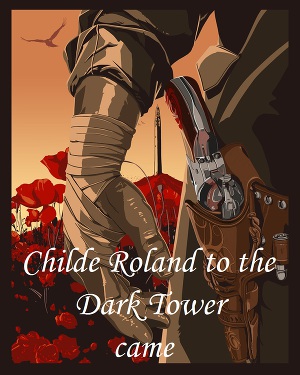
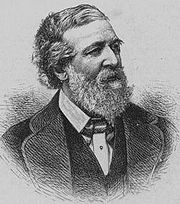
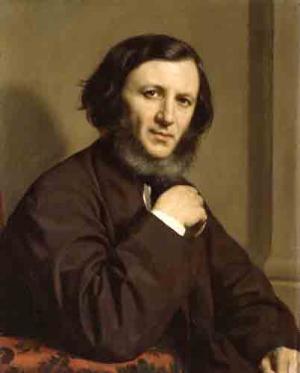
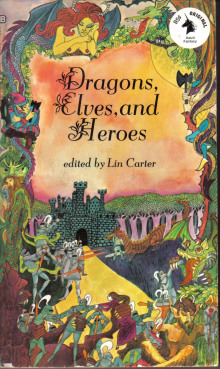
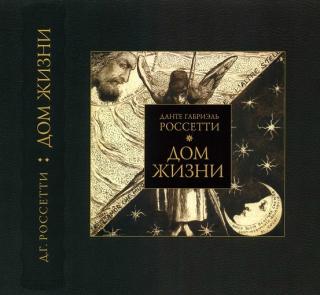
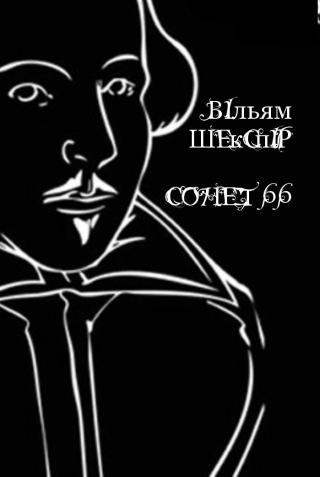
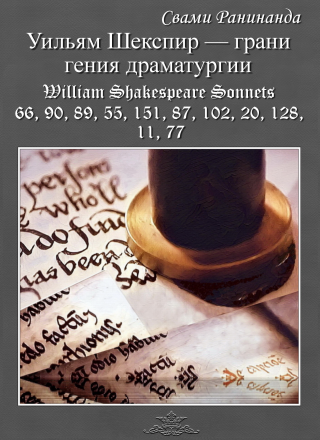
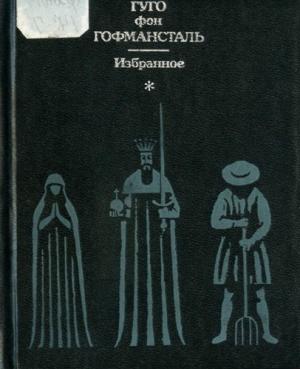
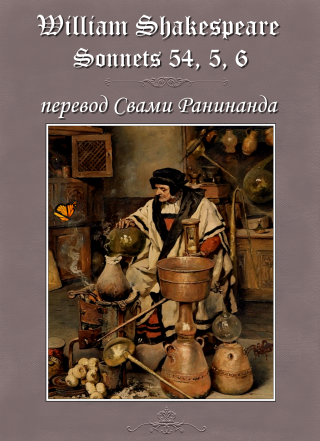
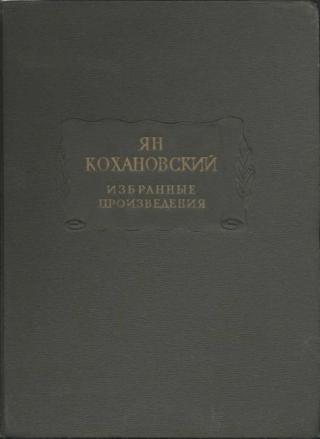

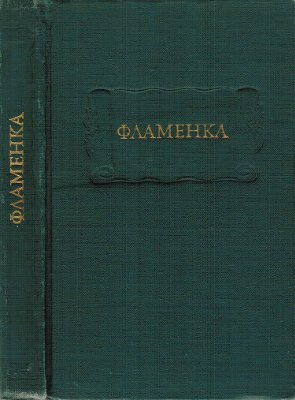
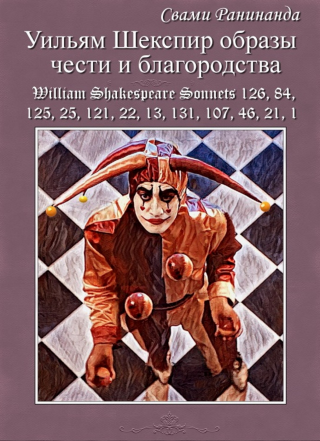
Комментарии к книге "Delphi Complete Works of Robert Browning"